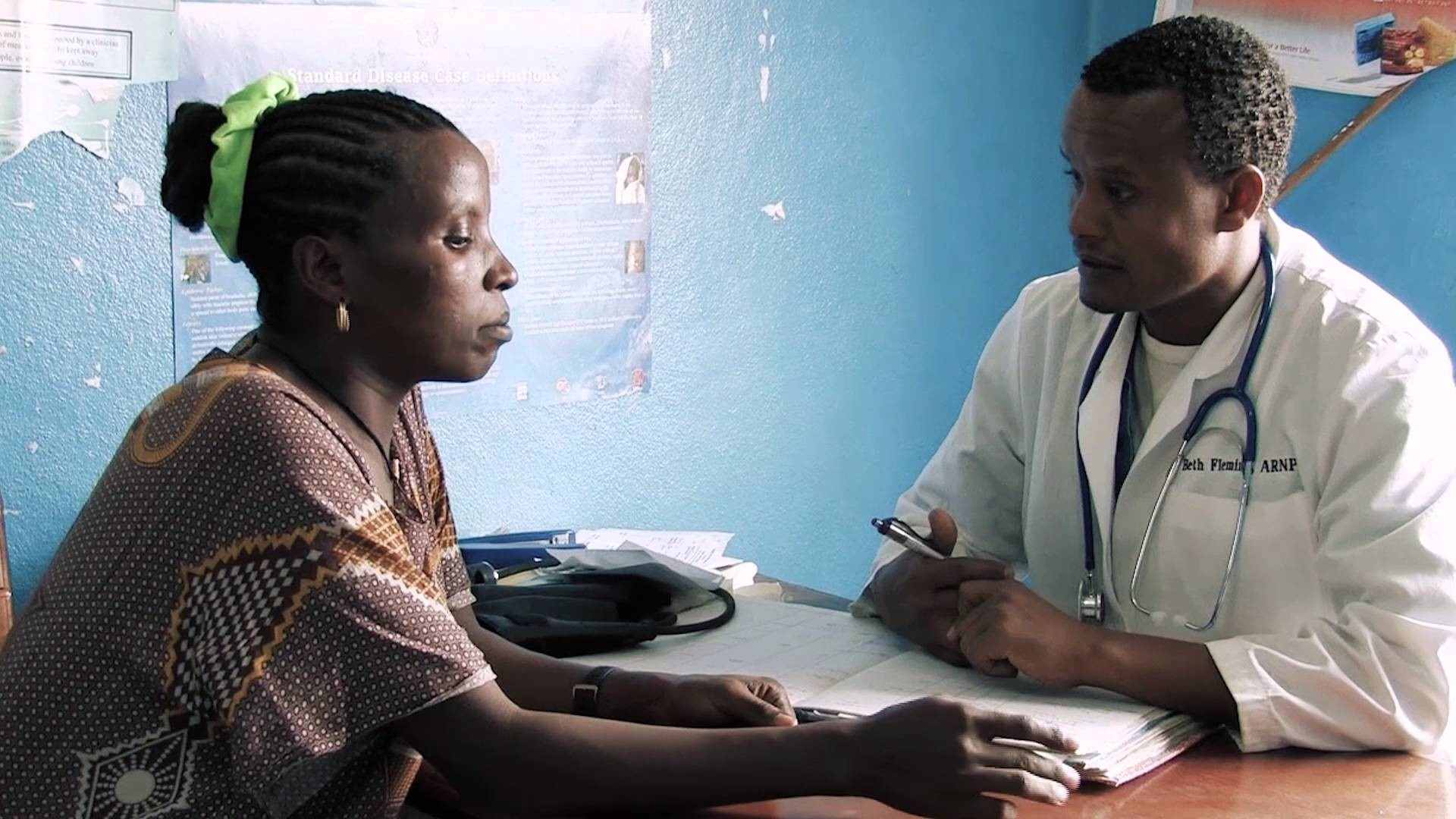
About a month ago, within the framework of a project initiated by IBM, a meeting of well-known medical specialists from 11 countries of equatorial Africa was held with representatives of organizations such as the American Cancer Society and the National Comprehensive Cancer Network. Meeting participants discussed important issues, including an increase in the incidence of cancer in poor countries of equatorial Africa. Cancer has become so common in this region that it is rather a question of an epidemic of cancer, rather than a slight increase in the number of patients.
There are often no hospitals here, so patients suffering from cancer are in most cases doomed. For these people, there is even a special term - “forgotten patients”. Now they are trying to help these people. For this, for the first time in the history of the region, a program for working with cancer patients has been developed. This program includes both the help of IBM specialists and resources, as well as significant discounts on medical products and services from major manufacturers and suppliers.
The authors of the project hope for a positive shift in solving this problem. Experts expect that cancer in developing countries will be able to fight about the same way as before with malaria or AIDS (as for the latter, it is, of course, still relevant).
In poor regions of Africa, there are tens of thousands of cancer patients per oncologist. Moreover, no special treatment is given to such patients - the same chemotherapy is not available here, although it is very common in more developed and richer countries. There is no need to talk about a centralized solution, because even in neighboring African states that the quality of medical care and the prices of such services can differ dramatically. And if in the USA, Europe and other countries, physicians try to develop more and more effective methods of fighting cancer and other complex diseases, in Africa, in most cases, there is no opportunity to use even the simplest and most common methods of treatment. Only less than 10% of people with various types of cancer receive at least some treatment. In most cases, it does not bring visible results.
According to the WHO, in equatorial Africa, only in 2015, it was cancer that caused the death of 500 thousand people. According to experts, if nothing changes, then by 2030 in the same region every year 1 million people will die of cancer. Because of problems with cancer in Africa, no fewer people die than from HIV complications.

In order to improve the situation in the region, IBM, together with the organizations mentioned above, developed the
ChemoQuant project . This is a free open source software that allows officials to predict the needs of different regions for chemotherapy drugs. Hospitals will be able to plan drug volumes for this type of procedure based on projections of the number of cases. Within the project, patient data will be collected and analyzed. The data package for each patient includes a person’s identification number, type of illness, and other information. IBM services will be used to analyze all of this data with its simultaneous structuring. And doctors and officials will eventually understand what kind of treatment and what drugs are required for a specific region at a specific point in time. In addition, the project will use the capabilities of the program
Watson for Oncology .
The first countries to participate in the program were Uganda and Ethiopia. The Ministries of Health of these countries will work with the relevant software and other project resources as early as next month. Now negotiations are also underway with pharmaceutical companies that have promised to provide a discount on their drugs in the framework of this project.
So far, these are only tentative steps, which, nevertheless, can help to control the most complicated problem - the spread of cancer in Africa.